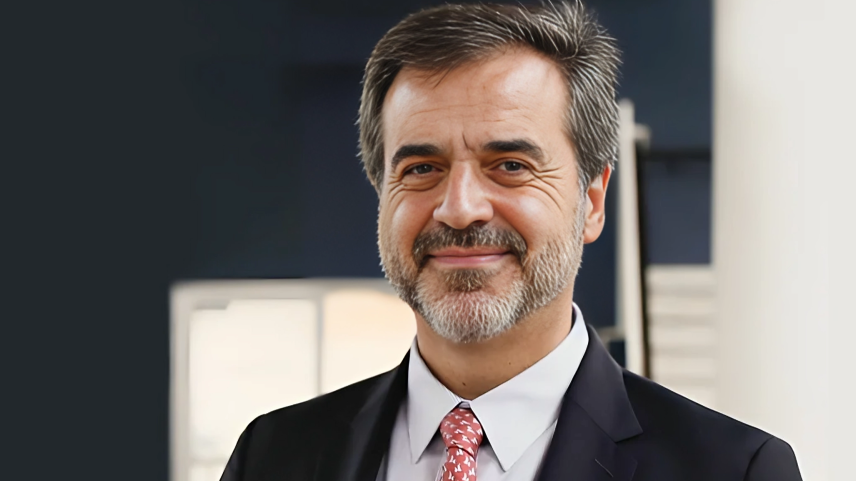Francisco J. Esteva, Professor of Medicine at Zucker School of Medicine and Chief of Division of Hematology and Medical Oncology at Lenox Hill Hospital, shared on LinkedIn:
“Immunotherapy has become a cornerstone in the treatment of high-risk early-stage triple-negative breast cancer (TNBC), yet its application raises critical questions.
Neoadjuvant pembrolizumab, in combination with paclitaxel/carboplatin followed by AC, is now the standard of care based on robust data from the Keynote-522 trial. However, not all immunotherapy combinations yield the same results.
GeparDouze (GBG 96) is a clinical trial that evaluated the safety and efficacy of neoadjuvant and adjuvant atezolizumab in patients with high-risk triple-negative breast cancer. Results presented at the 2024 San Antonio Breast Cancer Symposium demonstrated no added benefit with atezolizumab combined with neoadjuvant chemotherapy in high-risk early TNBC.
Dr. Giampaolo Bianchini from Milan, Italy discussed these important trials at the 2024 San Antonio Breast Cancer Symposium.
Why the differing outcomes? While both agents target the PD1/PDL1 pathway, their mechanisms of action vary – pembrolizumab targets the PD1 receptor, while atezolizumab binds the PDL1 ligand. Moreover, the chemotherapy regimens and study designs differed, underscoring the complexities of cross-trial comparisons.
In addition, the GeparDouze trial dis not include patients from Asia, who seem to derive a significant benefit from PD1/PDL1 checkpoint inhibitors.
International collaboration and ongoing clinical trials are key to resolving unanswered questions. What is the optimal chemotherapy backbone? Is adjuvant pembrolizumab necessary after a pathological complete response? And how do we refine patient selection to maximize benefit while minimizing toxicity? These are critical discussions shaping the future of TNBC care.
What are your thoughts or concerns about the role of immunotherapy in early-stage TNBC? “
